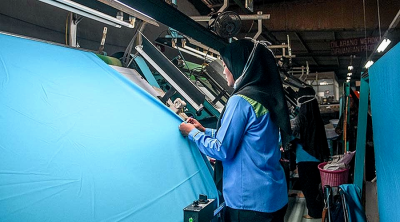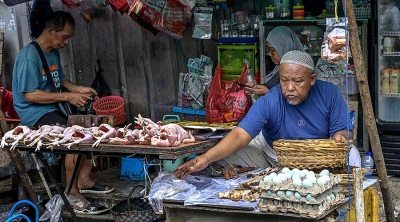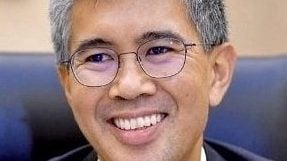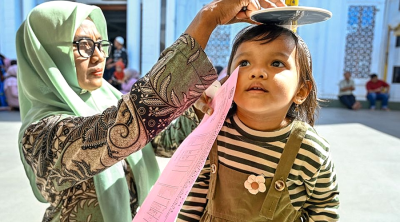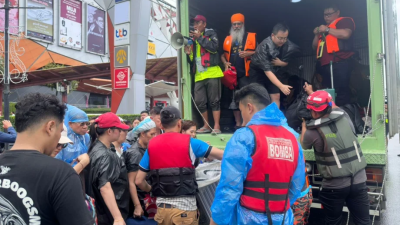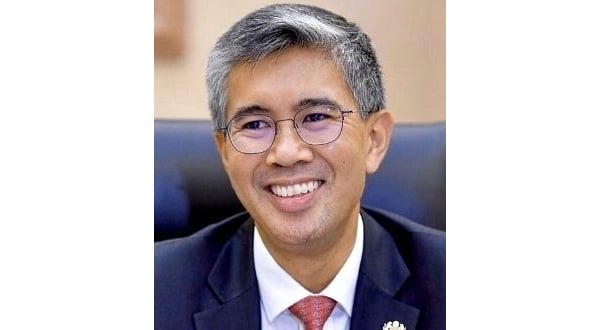
2023 will be a challenging year for most developing economies – Malaysia included – against the backdrop of a lackluster global growth forecast, and possibly a long-lasting one, too.
Although Malaysia’s domestic growth outlook will continue to be positive, weak global economic prospects and geopolitical uncertainties are likely to impact an open, trading nation like Malaysia, in one way or another.
I have long believed the way forward for Malaysia to weather these squalls will be through a stronger engagement and integration with the 660-million strong ASEAN.
The region is not only a huge market that we are strategically located in, but also has the potential to withstand external shocks.
During the 2022 Khazanah Megatrends Forum (KMF) last October, I had mentioned that ASEAN needs to work towards strengthening the intra-ASEAN supply chain, especially for food and energy security.
Currently grossly underutilized as a platform, ASEAN can emerge as a driving force to provide stability and prosperity for its people.
It was therefore very timely that Prime Minister Dato’ Seri Anwar Ibrahim recently made his first official trip abroad to Indonesia, who is Chair of ASEAN this year.
As Malaysia’s Minister of International Trade and Industry (MITI), I was pleased to have been part of this very productive sojourn.
I have long felt that Indonesia, with its 280-million population, is absolutely essential for the “ASEAN strategy” of any business or country, Malaysia included. Malaysia and Indonesia are arguably ASEAN’s “Special Relationship.” We are bound by millennia-old historical, cultural, culinary and linguistic ties.
But Indonesia also matters to Malaysia in real time. It is our second largest trading partner and third largest source of FDI within ASEAN.
Total trade was roughly USD23.8 billion in 2021, a 45.5% year-on-year growth compared to 2020. With the 2022 reopening of our borders, total trade will likely exceed 30% year-on-year growth. From January – November 2022, our bilateral trade already exceeded USD27 billion, 33% more than 2021.
In taking this relationship forward, it’s high time both nations’ policymakers coordinated to identify important and critical industries that are scalable.
Hence, it was also good that during the two-day trip, our Prime Minister witnessed nine MoU exchanges between Malaysian and Indonesian companies in various sectors. The MoUs (which included two agencies under MITI) represent a cumulative value of MYR1.66 billion.
I was also honored to hand over 11 Letters of Intent (LoI) from Malaysian companies to Pak Bambang Susantono, the head of the Authority overseeing Nusantara, Indonesia’s New Capital (IKN).
These LoIs underscore Malaysia’s support of this momentous undertaking — a long-cherished goal of Indonesia’s to take pressure off Jakarta by shifting their capital and spreading out development across the archipelago, especially its resource-rich eastern flank.
During the official trip, there was clearly mutual warmth, trust and familiarity, not only at the government-to-government but I dare say, also the business-to-business and people-to-people level that we must now leverage on to shape a more resilient ASEAN future together.
For a start, a commitment to facilitate cross-border trade and investments is necessary, not only at the country level, but also between Malaysian states and Indonesian provinces.
This also requires identifying and facilitating opportunities for Malaysia and Indonesia’s mid-tier exporters and SMEs, which are powerful engines for economic expansion. Doing so will ensure growth is inclusive, enjoyed beyond Jakarta and Kuala Lumpur, and not limited to the large corporate players.
All these, and more, made for rich discussions during meetings with my counterparts, many of whom have become friends over the years, and many that I had met while heading a regional bank prior to 2020.
They include Coordinating Minister for Maritime Affairs and Investment, His Hon. Luhut Binsar Pandjaitan; the Minister of State-Owned Enterprises, His Hon. Eric Thohir; and the Minister of Industry, His Hon. Agus Gumiwang Kartasasmita.
I also valued the opportunity to discuss the Malaysia-Indonesia special relationship with Her Hon. Retno Marsudi, Indonesia’s Foreign Affairs Minister during our friendly coffee meet.
Then there was of course our very warm meeting with His Excellency President Joko Widodo (“Jokowi”), who pledged continued collaboration on various matters.
One of these is the need to shape and invest in our shared future. Take, for example, the development of IKN, on which I would argue that Malaysia, too, has a strategic imperative in seeing it succeed.
The IKN will catalyze growth, infrastructure and connectivity (including with East Asia as well as the wider Pacific) not only for Eastern Indonesia but also Sabah and Sarawak, which will share the strategic Borneo/Kalimantan Island with the new city.
What’s good for Nusantara will be good for Sabah and Sarawak, and for Malaysia and Indonesia as a whole.
So, while the new capital remains in its infancy, it is totally appropriate for Malaysia to seek opportunities there — especially with our experience in developing Putrajaya.
Similarly, many Malaysian companies have found success in investing in Indonesia in the past two decades, in sectors such as finance, telecommunications, infrastructure and plantations.
I had a good discussion on these, plus an enjoyable light moment jamming with His Hon. Basuki Hadimuljono, Indonesia’s Minister of Public Works and Public Housing, who is a good drummer, indeed!
Moving forward, I am optimistic that the cross-border trade and investment flows with Indonesia will continue expanding.
More importantly, as Indonesia continues to grow and as its businesses thrive, Indonesian businesses should view Malaysia as a natural platform to expand and internationalize their business operations.
Malaysian companies will, in turn, benefit from potential collaborations with, as well as the expertise and experience of their Indonesian counterparts.
Indeed, each country has its respective strengths that the other should leverage on in building a more resilient ASEAN.
Collaborations can range from jointly standing up against the anti palm-oil campaign, to building/sharing expertise in ESG and joint exploration of natural resources; from strengthening intra-ASEAN supply chain to digitalization as well as fostering new technologies such as digital infrastructure and developing more downstream industries.
The ultimate prize is a stronger, more resilient ASEAN. Supported by the Indonesia-Malaysia Special Relationship, ASEAN can be a bastion of growth, peace, and stability even in the face of a global economic downturn.
As I had said at the KMF last year: there can be no Asian Century without a strong ASEAN at its core. And a strong ASEAN requires Indonesia and Malaysia to work together, hand-in-hand, shoulder-to-shoulder and heart-to-heart, to help make ASEAN the epicenter of Asia’s growth.
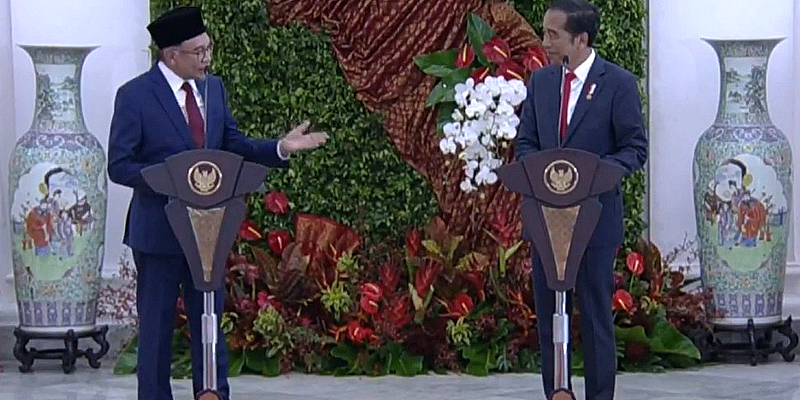
(Tengku Zafrul Tengku Abdul Aziz is the Minister of International Trade and Industry, Malaysia.)
ADVERTISEMENT
ADVERTISEMENT






